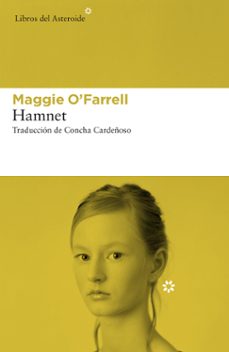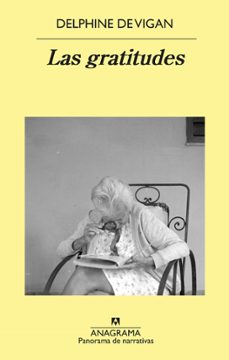📗 Libro en inglés IN FARTHEST SEAS
PUSHKIN PRESS- 9781805332350
Sinopsis de IN FARTHEST SEAS
A sharply beautiful and moving masterpiece about love and death by the classic Italian author of A Silence Shared Upon the death of her husband Innocenzo Monti Lalla Romano sought to distil the essence of their long life together The result was In Farthest Seas a piercingly intimate retelling of the first four years and final four months of their relationship built from shard like moments of connection and revelation With precise artistry Romano braids together seemingly minor details the expressiveness of Innocenzo s hands the beauty of his face in sleep a fleeting instance of pallor that come to reveal the barest truths of life and death Unsparing yet tender minimal yet monumental In Farthest Seas is a startlingly moving elegy for a great love by a vital Italian writer Part of the Pushkin Press Classics series timeless storytelling by icons of literature hand picked from around the globe Translated by Brian Robert Moore Lalla Romano 1906 2001 was an Italian novelist poet translator and visual artist Initially more active as a painter from the 1940s Romano turned increasingly to writing publishing her first poetry collection in 1941 During the Second World War she returned to her home province of Cuneo and became involved with the partisans
Ficha técnica
Editorial: Pushkin Press
ISBN: 9781805332350
Idioma: Inglés
Número de páginas: 192
Encuadernación: Tapa blanda
Fecha de lanzamiento: 11/09/2025
Año de edición: 2025
Especificaciones del producto
Escrito por Lalla Romano
(Demonte, Cuneo, 1906 - Milán, 2001). Una de las grandes damas de la literatura italiana del siglo XX. Lalla –Graziella– se licencia en literatura en la Universidad de Turín. En 1941 Eugenio Montale la anima a publicar su primer poemario, Fiori, mientras que en 1943 Cesare Pavese le encarga la traducción de los Tres cuentos de Flaubert. Cuando termina la guerra se instala definitivamente en Milán. En 1953, por recomendación de Pavese y Natalia Ginzburg, publicó su primera novela, Maria . En 1964, con su cuarta novela, La penombra che abbiamo attraversato, comenzó a ser conocida por el gran público, aunque la consagración definitiva no le llegó hasta 1969 con la publicación de Suaves caen las palabras, que ganó el premio Strega .
Descubre más sobre Lalla Romano Recibe novedades de Lalla Romano directamente en tu email
Opiniones sobre IN FARTHEST SEAS
¡Sólo por opinar entras en el sorteo mensual de tres tarjetas regalo valoradas en 20€*!






























